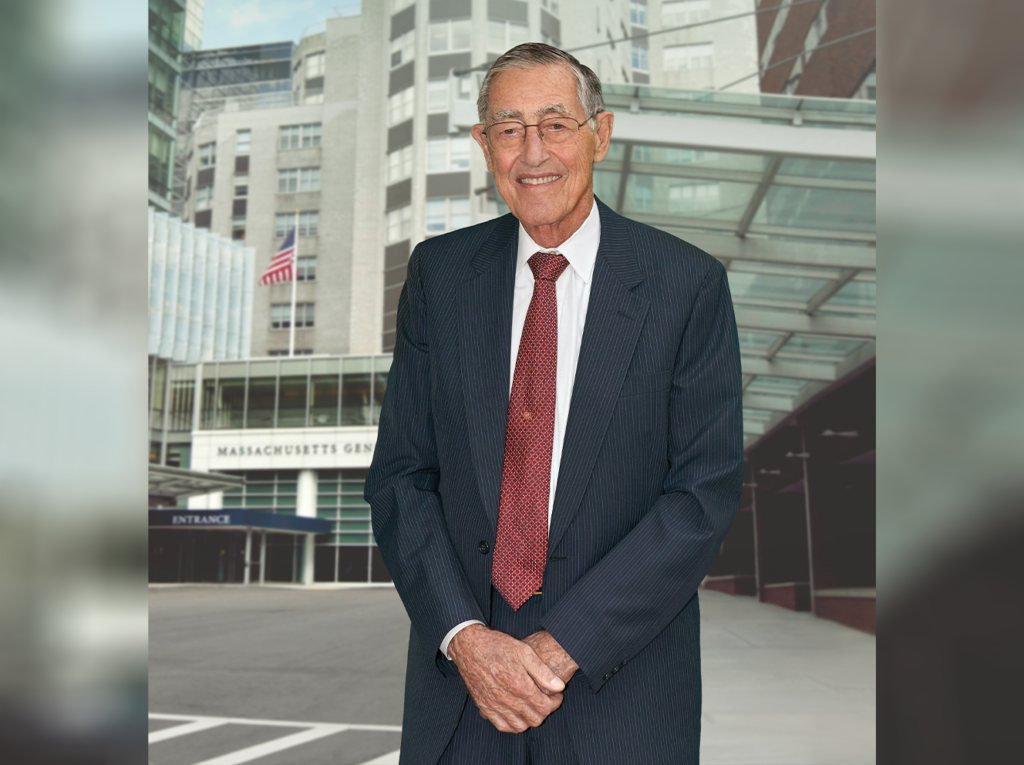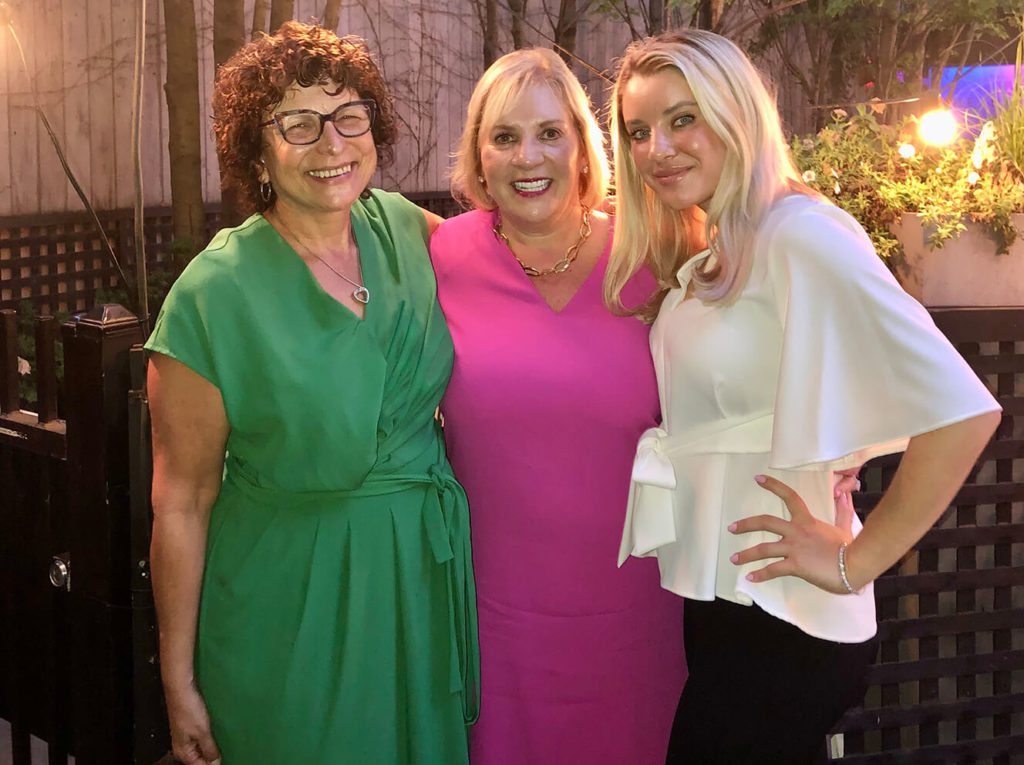Nancy Rigotti, MD, an associate chief of the Massachusetts General Hospital Division of General Internal Medicine and founding director of the Tobacco Research and Treatment Center, is a world-renowned expert in tobacco use and smoking cessation. Dr. Rigotti helped change the way the medical community and policy makers think about smoking. In a recent interview, Dr. Rigotti reflected on her career and the changing landscape in the fight against tobacco use.
What led you to a career in tobacco research?
My father started smoking during World War II to steady his nerves. He quit at 50, after one of his best friends died of a heart attack next to him on the golf course. He lived another 25 years but died of lung cancer.
When I went to medical school, doctors didn’t consider it their job to do more than just tell smokers to quit. Now, it’s become mainstream.
During my internship at Mass General, I found myself caring for many patients with smoking-related diseases. I was frustrated at how little we could do to reverse their downward course. One particular patient came into the ICU in respiratory failure. We had to intubate her, and before the procedure I asked her why she started smoking. She said her doctor advised her to smoke so she wouldn’t gain weight. She died under my care. I felt terrible. I kept asking myself, why didn’t someone address this problem upstream?
How have things changed during your career?
The progress is exciting. When I went to medical school, doctors didn’t consider it their job to do more than just tell smokers to quit. Now, it’s become mainstream. Early in my career, I helped evaluate the first no smoking law on the east coast, right here in Cambridge. In 2004, we got the statewide smoking ban in Massachusetts.
When I was growing up, most adults that I knew smoked. Today, most middle class people hardly know any smokers. Recently, we’ve seen the rise of e-cigarettes and products like JUUL, particularly among middle-class and upper-middle-class teens.

How have such products changed the landscape?
It’s like the wild west. I was on the panel that produced the 2018 National Academy of Science report about the public health consequences of e-cigarettes. After it was published, JUUL hit the market. Because it delivers nicotine in high doses in an easily tolerable form, it is highly addictive. Now, we’re seeing the big tobacco companies introduce new “heat-not-burn” products. We need to find ways to keep these products out of the hands of kids. But it’s important we find out how to balance the potential harms of e-cigarettes with the potential benefits.
How can something as addictive as e-cigarettes be beneficial?
When it comes to cigarettes, the nicotine keeps people smoking, but it is the other chemicals in smoke that cause the diseases that kill smokers. My goal is to help people avoid premature deaths from smoking. E-cigarettes are nicotine delivery devices that don’t burn tobacco or produce smoke.
While there’s uncertainty about their long-term effects, we know that in the short term, e-cigarettes are less harmful than continuing to smoke. We’re excited about the potential of e-cigarettes to help with smoking cessation — particularly with smokers with medical illnesses who aren’t interested in quitting outright or smokers who have repeatedly tried and failed to quit with conventional treatments. We have a study about to get underway tracking the symptoms and pulmonary function of patients with COPD [chronic obstructive pulmonary disease] who switch to e-cigarettes.
Some people can quit by themselves, others can’t — and that’s where the healthcare system comes into play.
That seems controversial.
It is controversial, but we need to learn how these products can be most helpful for quitting. There are so many unanswered questions about e-cigarettes. We need to determine their long-term impact. We need to find out how to help teens who have started using these products. Can we offer them some help so that they’re not addicted to nicotine for life?
How does the healthcare system play a role?
Some people can quit by themselves, others can’t — and that’s where the healthcare system comes into play. We are a channel for delivering tobacco treatment to smokers and, without our help, these patients are more likely to fail. For doctors, it’s not about advising smoking cessation. It’s about connecting the patient to resources in the hospital and the community so that they succeed.
What role can philanthropy play?
Mass General should have the national model for a tobacco program. We have a successful program for our inpatients, but not for all of our outpatients. We have an enormous gap in our services.
We’re testing a coaching system, consisting of text messages and automated calls, to support patients trying to quit make the transition to outpatient care. If it’s successful, I’d like to adapt the system for the broader population, which means reaching out to smokers directly before they have health problems and not waiting for them to come see us. If we could do that, then we could spread the model across the country and really have an impact.
To learn more about how you can support smoking cessation and tobacco research at Mass General, please contact us.




